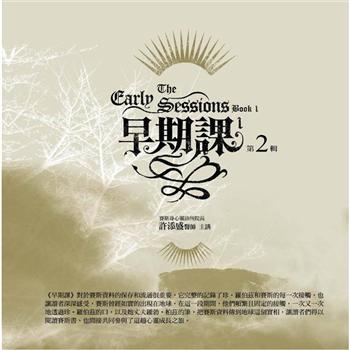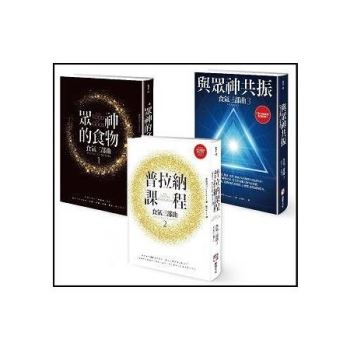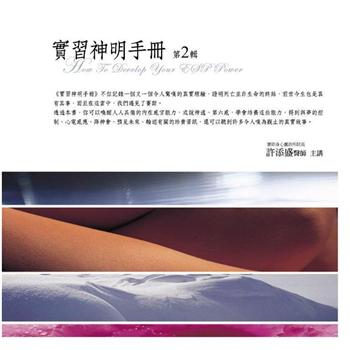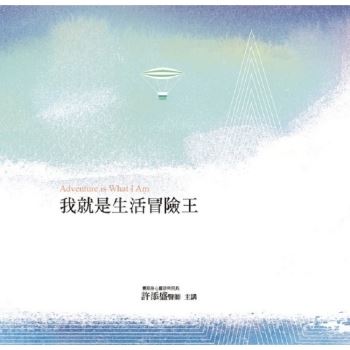Richard F. Carlson is research professor of physics at the University of Redlands in Redlands, California and formerly a visiting scientist in the department of radiation sciences at Uppsala University, Sweden. He received a B.S. (University of Redlands), M.S. and Ph.D. (University of Minnesota) in physics, and an M. A. (Fuller Theological Seminary) in biblical studies and theology. His physics research interests are in experimental nuclear physics, and he has done postdoctoral research at UCLA. While teaching at the University of Redlands he has continued his nuclear research at UCLA, the University of Manitoba, University of California Davis, and currently at Uppsala University. Carlson has published more than fifty articles in physics research journals. Recently his interests have shifted to the area of science and Christian faith, and between 1995 and 2005 he taught a number of science and theology courses at the University of Redlands and Fuller Theological Seminary. His courses at Redlands and Fuller have resulted in two Templeton Foundation prizes. He is the general editor of Science Christianity: Four Views (InterVarsity Press, 2000), as well as the author of a number of articles appearing in nuclear physics research journals and theological journals.
Meyer (Ph.D., history and philosophy of science, University of Cambridge) is director of the Discovery Institute’s Center for Science and Culture in Seattle, Washington, and serves as University Professor, Conceptual Foundations of Science at Palm Beach Atlantic University in West Palm Beach, Florida. Meyer has worked previously as a geophysicist for the Atlantic Richfield Company and as a professor of philosophy at Whitworth College. He is coauthor of Science and Evidence of Design in the Universe (Ignatius, 2002), and coeditor of Darwinism, Design and Public Education (Michigan State University Press, 2003). Meyer has contributed to numerous scholarly books, including Debating Design: From Darwin to DNA (Cambridge University Press, 2004). He has published articles in major newspapers and magazines such as The Wall Street Journal, The Los Angeles Times, The Washington Times, The Seattle Times, The Atlanta Journal-Constitution, The Chicago Tribune, The Houston Chronicle, WorldNetDaily.com, National Review, Insight and First Things. He has appeared on national television and radio programs such as Fox News, PBS’s TechnoPolitics and Freedom Speaks, MSNBC’s Hardball with Chris Matthews, and NPR’s Talk of the Nation and Science Friday. He coauthored the film, Unlocking the Mystery of Life, which has recently aired on PBS stations around the country.
Pond is formerly visiting associate professor of biology at Whitworth College, Spokane, Washington. She received her bachelor’s degree from the University of Minnesota and the M.S. from Oregon State University. An area of emphasis in her master’s work was the history and philosophy of science. She received her doctorate in microbiology from the School of Medicine at the University of South Dakota. Her doctoral research, which focused on the membrane lipids of a hyperthermophilic bacterium, was followed by postdoctoral work in molecular biology at the University of Florida. Pond is currently retired from teaching, though she recently led a course in the history and philosophy of science at Whitworth College. In 1993 she was awarded the Howard Vollum Writing Award on "Horizons of Science and the Christian Faith" for her article Catholic Frogs. She and her family spent the year 1996-1997 in a rural and disadvantaged area of South Africa, where she and her husband volunteered as teachers in St. Mark’s School (a junior and senior high school affiliated with the Anglican Church).
Van Till is professor emeritus of physics and astronomy at Calvin College, Grand Rapids, Michigan. After graduating from Calvin College in 1960, he earned his Ph.D. in physics from Michigan State University in 1965. Van Till’s research experience includes both solid-state physics and millimeter-wave astronomy. During the past two decades he has devoted a considerable portion of his writing and speaking efforts to topics regarding the relationship of science and religion. Having concluded that the usual creation-evolution debate is the product of serious misunderstandings, Van Till’s goal is to encourage a nonadversarial and mutually informative engagement of Christian theology and the natural sciences. He is the author of numerous books, book chapters and essays on this theme and has spoken at many universities, colleges and churches. He is a member of the American Astronomical Society and the American Scientific Affililation. Since 1992 he has served the John Templeton Foundation as a member of its advisory board and has assisted the foundation in the administration of several programs in science and religion.
Patterson is professor of chemical physics and polymer science at Carnegie Mellon University, Pittsburgh, Pennsylvania. He received his B.S. in chemistry from Harvey Mudd College in 1968 and his Ph.D. in physical chemistry from Stanford University in 1972. He was a member of the technical staff in the chemical physics department at ATT Bell Laboratories from 1972 until 1984. Patterson is a fellow of the American Physical Society and the Royal Society of Chemistry. He received the National Academy of Sciences Award for Initiatives in Research in 1981. His research interests are in the structure and dynamics of molecular systems. He has published more than one hundred papers in professional journals and has written chapters for many books, including Methods of Experimental Physics, Dynamic Light Scattering, Advances in Polymer Science, Advances in Materials Science and Annual Review of Physical Chemistry. Patterson has taught a wide range of science courses to chemistry, chemical engineering, biology and physics majors at Carnegie Mellon University. He also cotaught a course in Christianity and science in the philosophy department, with support from the Templeton Foundation, and he continues to lecture in philosophy of science and philosophy of religion.
Frair is professor emeritus of biology at The King’s College, Tuxedo, New York. Frair graduated from Houghton College in 1950 with an A.B. in zoology and then from Wheaton College in 1951 with a B.S. also in zoology. He completed an M.A. in embryology in 1955 at the University of Massachusetts, and a Ph.D. in biochemical taxonomy in 1962 from Rutgers, The State University. His research interests have focused on turtles, with emphasis on biochemical taxonomy. Frair is the author of more than fifty research papers, including some dealing with the topic of science and the Bible. He is a coauthor of the book A Case for Creation, now in its third edition. He was a witness for the defense at the 1981 creation v. evolution trial in Little Rock, Arkansas. Frair is a fellow of the American Association for the Advancement of Science, the American Scientific Affiliation, the Society of the Sigma Xi, the Creation Research Society, the Victoria Institute (England) and a number of other scientific societies. From 1986 to 1993 he was the president of the Creation Research Society, and he remains a current member of its board.












